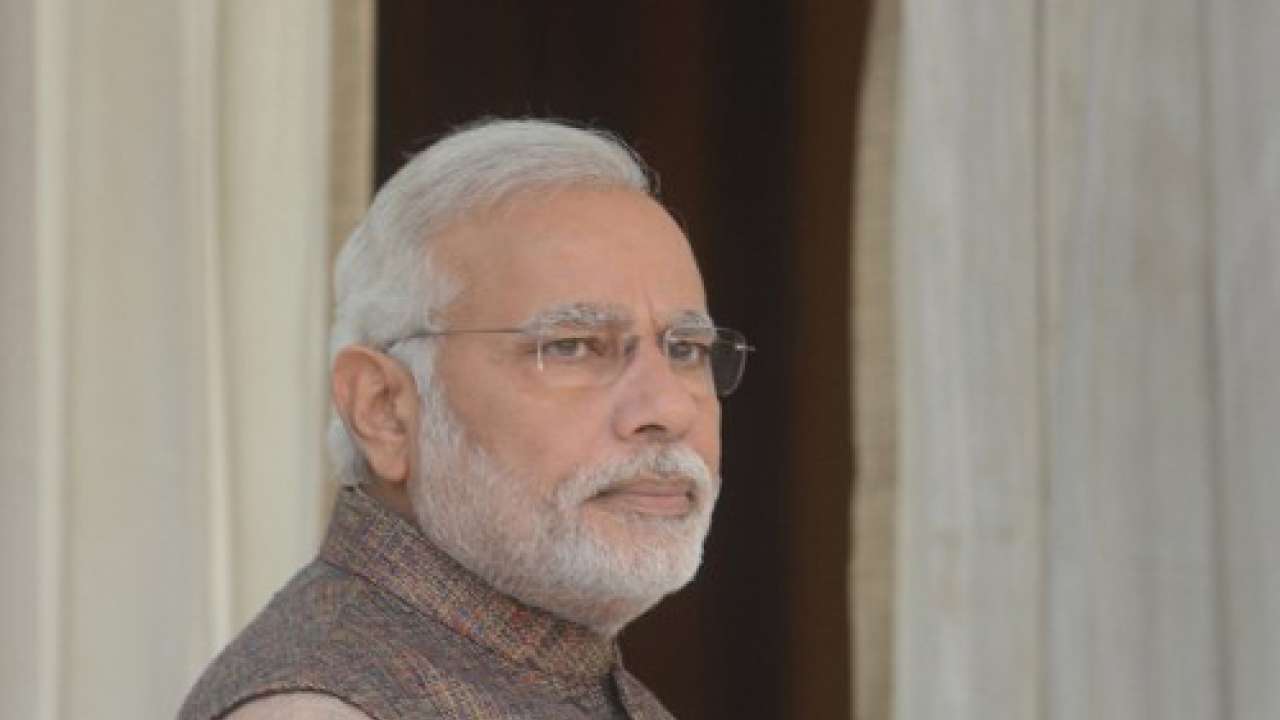
The week since May 26, the day a BJP Prime Minister was sworn in on the strength of the party’s own majority in the Lok Sabha, has been replete with unexpected messages for those at home, in the neighbourhood and further away.
The mega event of Narendra Modi being sworn in as PM was expected to keep everyone riveted on the moment to the exclusion of all else. However, the presence of the heads of SAARC governments on the occasion turned the spotlight away from the swearing-in itself. Modi might well have anticipated this, including the excessive focus on Pakistani PM Nawaz Sharif and India-Pakistan relations.
His admirers and ideologues, including in the media, are certainly put off at this stress on foreign affairs when the emphasis ought to have been on the domestic, namely, the “coronation” of Modi and the signals implicit in his Cabinet making. What has been more galling to many is that, instead of the SAARC leaders serving as props in the “Delhi Durbar” to pump up the awe and significance of India’s ‘Modi moment’ for the entire region, Pakistan ‘stole’ the limelight.
As a result there are not only different narratives — in India and Pakistan — of the outcome of the talks between the two PMs, but also divergent perceptions within India of the event and its implications.
PM Modi appears to be altogether different from candidate Modi. It cannot be ruled out that Modi intended the effect that the SAARC leaders, especially Sharif and Sri Lankan President Mahinda Rajapaksa had on the public, political parties and media in India. And, there may well have been reasons for this.
Candidate Modi was perceived as a Hindutva hardliner, who is anti-Muslim and anti-Islamic and, therefore, prone to be confrontational in dealing with Pakistan. His remarks against Pakistan and its national defence provoked Sharif’s Interior Minister Chaudhry Nisar Ali Khan to condemn Modi as a “threat to regional peace and stability”. This was less than a month before Modi’s swearing in. Observers felt that such statements precluded cordial exchanges between a Modi government in India and Pakistan. Now PM Modi, who is trying to appear in a mould different from that of candidate Modi, perhaps, wanted to impress from day one that he is not actuated by any hostility towards Muslims, Islam, Pakistan or other Islamic countries.
Nawaz Sharif coming to Delhi against the better judgment of Pakistan’s ISI and army and holding talks with Modi the day after his swearing-in was expected to prove wrong all those who were betting on a rise in cross-border tension. Two, the presence of leaders from the four Islamic neighbours — Pakistan, Afghanistan, Bangladesh and Maldives — would, for now, blunt the criticism of Modi being anti-Muslim and anti-Islamic. Three, Modi made it clear to leaders of Tamil parties from the AIADMK and DMK to allies such as the MDMK and PMK that he would not be a prisoner of their prejudices against President Rajapaksa. Neither Tamil Nadu Chief Minister Jayalalithaa’s boycott of the swearing in ceremony nor the protests in Delhi of MDMK’s Vaiko swayed Modi from engaging with Rajapaksa. At the same time, Modi spoke up for the rights of Sri Lankan Tamils and the need for Colombo to press ahead with devolution of powers to the Northeastern Province. Four, just when President Obama gloried in, at Westpoint Academy, the power of American militarism, Modi was pointedly cool towards the US, and demonstrably warm to the Chinese who deftly made the right moves.
In Act 1, Scene 1 of a Modi-led India, many assumptions are facing their first test.
The author is an independent political and foreign affairs commentator based in New Delhi